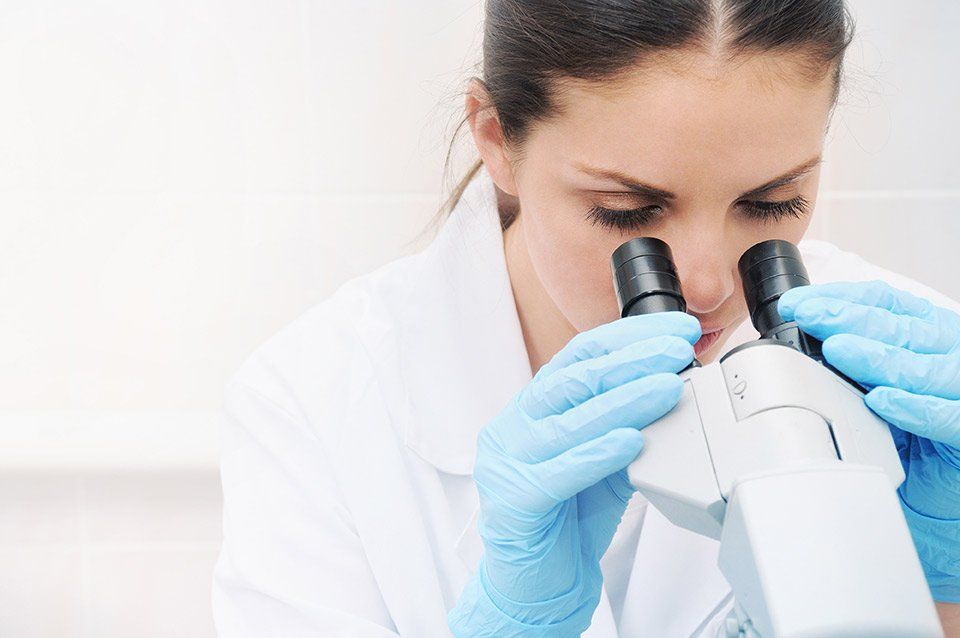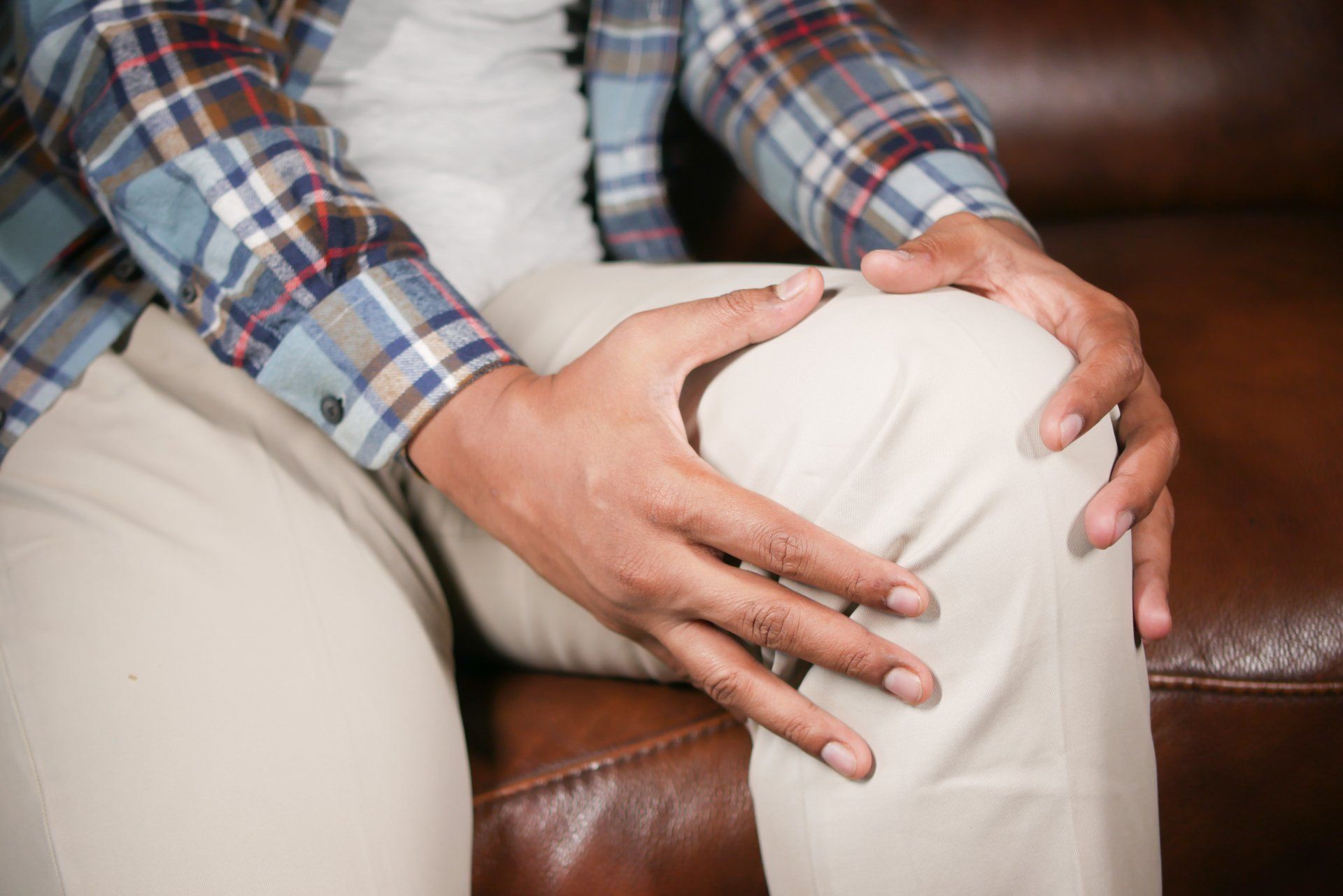Medical Acupuncture for Pain Explained
Medical pain relief with Acupuncture

Are you interested in how acupuncture works scientifically? There are many benefits to acupuncture and its impact on the human body and its functions. Acupuncture has been known to help decrease pain, increase mental well-being, and regulate hormones. Let’s dive deep into how this ancient practice has been researched rigorously and now with modern technology there is support to show the effectiveness to aid in many health issues.
There have been over 20,000 publications of research studies that has been done on acupuncture. These have supported how acupuncture can benefit the body in many ways. Acupuncture is a very ancient healing practice over 2,500 years old. But now with modern technology, we can do new age research and explain how acupuncture works in a more medical way.
Acupuncture Physicians explain acupuncture with the ancient concept of “Qi” which means vital energy. Qi flows through the “meridians” of the organs and their “channels”. Every organ in the body has a channel and Qi and blood needs to flow through the body.
However, the biomedical model of acupuncture can explain the scientific basis of acupuncture which focuses on physiological and neurological processes. These include the nervous system, our hormones, and other regulations. This is very significant because we are now able to have a measurable process which has given acupuncture so much more credibility over the years. This has made acupuncture one of the best alternative therapies and complementary medicine!
Research has shown that acupuncture meridians run along nerve fibers of the peripheral and cranial nerves including their branches. The nervous system is very important for the therapeutic effects of acupuncture. Placing an acupuncture needle in the body, can send a signal to the brain to reduce pain or influence the autonomic nervous system to increase the function of your organs.
When acupuncture influences the autonomic nervous system, it can either activate or inhibit it. This benefit can lead to decreased stress, improved digestion, and increase your immune function. How amazing is that?
For example, by promoting your parasympathetic nervous system, acupuncture can lower blood pressure and heart rate naturally!
One of the biggest questions I get asked is, how does acupuncture help with pain? This has been one of the most heavily researched topics. Brain neuroplasticity and the release of endorphins has been shown in reducing pain levels in many studies. Acupuncture effectively treats various chronic pain including neck, back, and shoulder pain. There has been so much evidence to acupuncture being an amazing pain reliver that The National Institute for Clinical Excellence (NICE) recommend acupuncture as one of the main therapies out of the four for managing chronic pain and migraines.
In acute pain, acupuncture has been shown to help decrease pain after surgery, menstrual cramps, and dental pain. By reducing the need for medication, this will promote a quicker recovery and decrease need for pain medication.
Pain medication has been shown to decrease healing time and highly addicting. There are also very bad side effects such as constipation, drowsiness, and increased dependency. People are saying enough and no to pain killers.
Patients with chronic pain should definitely consider a safer and long term therapy instead of relying solely on pain medication. Acupuncture is the right path to alleviating chronic and acute pain without the bad side effects.




